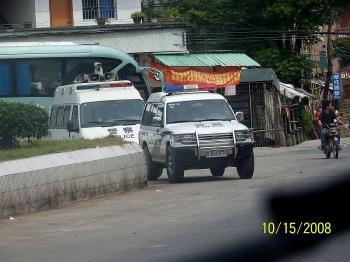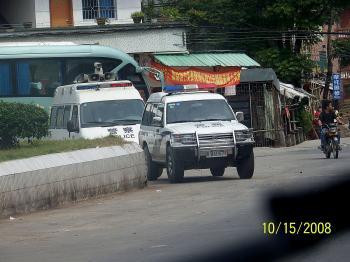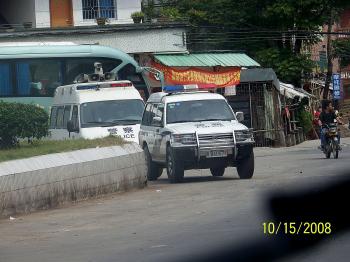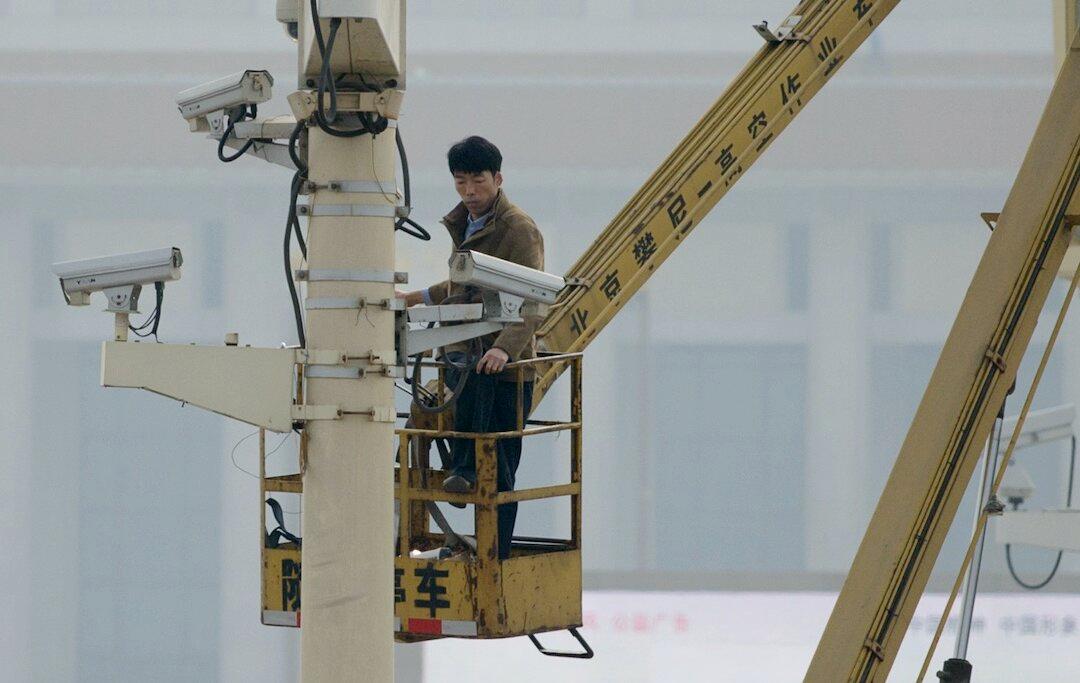The authorities of Guangning County, Zhaoqing City, Guangdong Province sent these forces into several villages in Jiangbu Region, Jinji Village, Wuhe Town. In the midst of the conflict between the two sides, the authorities fired tear gas to scatter villagers, and used batons to beat many villagers, arresting over a dozen of them.
The next day, police blocked all the entrances to these villages and to the construction site. The police also entered the villages and arrested people protesting for their land rights.
In his interview with The Epoch Times, Mr. Lu from Mabu village said, “In the past two days, many policemen have been guarding the village day and night. We want to leave the village for some business, but are unable to. Construction goes on at the site goes on around the clock, with the farmland being bulldozed. Quite a few policemen threatened to arrest the head of our village, accusing him of incitement. The police searched his house, threatened to beat him to death. That day, the head of our village was so terrified that he fled to the mountains to hide.”
“That day they were powerfully armed, accompanied by police dogs and firing tear gas at villagers who could do nothing to fight back,” continued Mr. Lu. “Meanwhile, the police picked targets at random, beating anyone, even if women or elderly women. And some unknown spray was being sprayed on us, making it hard for us to open our eyes. When the police caught someone, they would spray the liquid directly into their face. My mother returned home unable to see anything with her eyes.”
On October 13, over 1000 riot police, police officers, and armed police, along with hundreds of hoodlums, were deployed to block each entrance of the Wujiang Region forcibly guarantee construction on farmland in the following nine villages: Hebu, Chayuan, Mabu, Liang, Jiangao, and Sizhe. Villagers in each of these villages went to the sites to try to stop the construction, but were stopped by the police.






